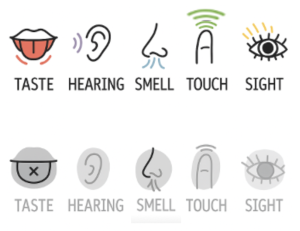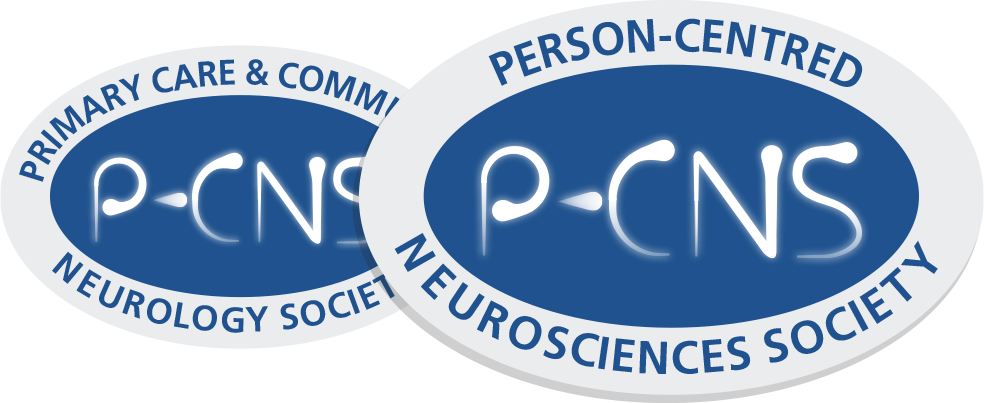The Hidden Sensory Cost of Antidepressants & The Therapeutic Value of Fasting
Neil Bindemann PhD, P-CNS Exec Director and Neuro-Immunologist, in this short article first shared on LinkedIn, shares some of the evidence-based research, highlighting a very significant ‘hidden cost’ associated with antidepressant medications.
Who knew? I certainly didn’t, not until recently listening closely, to the living experiences of 2 people, earlier this year; then a 6 day fast, which ended on Sunday, which gave me an experience, to draw me to explore the scientific studies.
What my initial exploration appears to have uncovered are findings that we cannot & must not ignore.
To keep your attention, here is a succinct summary of observations made.
Where it say’s weak, this is principally because we urgently need published research, which living experiences support:
Antidepressants & The Five Senses – Evidence Summary
Vision
Common: Blurred vision, mydriasis, accommodation problems
Serious (rare): Acute angle-closure glaucoma, toxic retinopathy
Key Evidence: Wessling 2008; Chen 2010; Coupland 2015; Barkin 2005
Strength: Strong (population + clinical + mechanistic)
Hearing
Common: Tinnitus, muffled hearing
Rare: Sudden sensorineural hearing loss (SSNHL)
Key Evidence: Chen 2017; Bogo 2016; Bilgen 2001; Kılıç 2014; Langguth 2013
Strength: Moderate (population + multiple case reports)
Taste
Reported: Dysgeusia, hypogeusia (esp. sweet), altered bitter/sweet thresholds
Contributors: Xerostomia (dry mouth) from anticholinergic effects
Key Evidence: Heath 2006; Hammad 2021; Physiology Society abstracts; de Almeida 2008
Strength: Moderate–Strong (psychophysics + small cohorts + reviews)
Touch
Reported: Genital numbness (PSSD), altered affective touch perception
Evidence: Limited systemic tactile threshold change in trials
Key Evidence: Frohlich & Meston 2005; Trotter 2022; Waldinger 2015; Healy 2019
Strength: Weak–Moderate (small trial + case reports + mechanistic)
Smell
Reported: Reduced olfactory sensitivity in depression; TCAs linked to dysfunction; SSRIs sometimes improve
Key Evidence: Pause 2001; Hammad 2021; Kohli 2016; case reports of SSRI-induced parosmia/anosmia
Strength: Moderate (mixed, depression vs drug effect)
Overall Summary
Vision & Taste: Strongest evidence base
Hearing & Smell: Moderate evidence, mainly epidemiological + case reports
Touch: Weakest evidence; mostly case reports + mechanistic experiments
 And what drew me to delve into the research?
And what drew me to delve into the research?
Listening carefully to two living experiences with antidepressants.
Plus my latest 6 day fast, noticing how my sense of taste experienced a reset – even sweet keto food, compared to the day before starting the fast, tasted much sweeter.
For me, what immediately strikes me, after pulling this together, is the possibility of turning around a hidden, potentially massive, quality of life & financial cost/burden to accompany the full consequences of numbed senses.
To offer a couple of simple examples: a reduction in the sense of taste can lead a person to have a greater desire for more sweetness on their foods. The same can be true of salt.
The health consequences can be significant, including weight management problems (in terms of sweetness) and blood pressure issues (relating to the salt intake).
Then if person’s sense of touch is numbed, can that explain an association with self-harm? This is the sort of question that needs serious attention.
Now, what I do wish to stress, before ending is how vitally important, given these finds, it is for anyone considering stopping their antidepressant treatment to seek professional support.
Any withdrawal of treatment must be done very slowly to ensure the person’s senses don’t ‘rebound’ for the person to experience the likes of ‘overstimulation/overload’ or hyperstimulation.
Having uncovered this research, it seems to make even more sense, that the phrase “re-wilded senses” features on my LinkedIn profile!
For anyone interest to learn some of the “mechanistic logic” for each of why the treatment can impact the senses, you may wish to the read the following:
Sight
Plausible Mechanism:
Serotonin & adrenergic receptors in iris/ciliary body → changes in pupil size & accommodation.
Anticholinergic effects (notably with TCAs) → blurred vision.
Altered intraocular pressure → risk of angle-closure glaucoma.
Hearing
Plausible Mechanism:
5-HT receptors in cochlear hair cells modulate auditory signalling.
Altered serotonergic tone → tinnitus, hyperacusis, muffled hearing.
Case reports: sudden sensorineural hearing loss (SSNHL).
Taste
Plausible Mechanism:
5-HT present in taste receptor cells; SSRIs shift sweet/bitter thresholds in human studies.
Anticholinergic effects → dry mouth (reduced saliva) → impaired tastant delivery.
Touch
Plausible Mechanism:
Serotonin modulates somatosensory neurons in spinal cord & cortex.
Altered central serotonin → changes in affective touch perception.
Case reports: post-SSRI sexual dysfunction (PSSD) with genital numbness.
Smell
Plausible Mechanism:
Olfactory bulb is rich in serotonin & noradrenaline receptors.
SSRIs can alter neurogenesis in olfactory pathways.
Depression itself reduces smell sensitivity, but TCAs may worsen dysfunction; SSRIs sometimes improve it.
